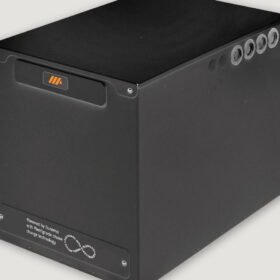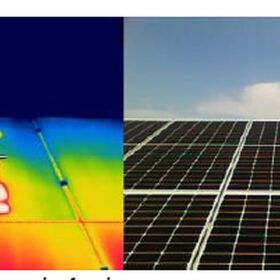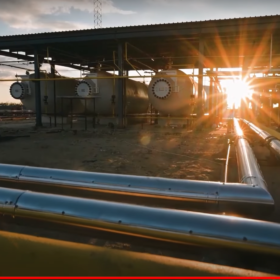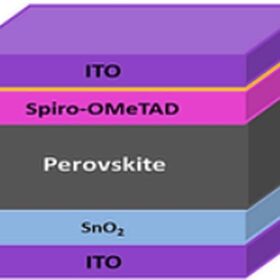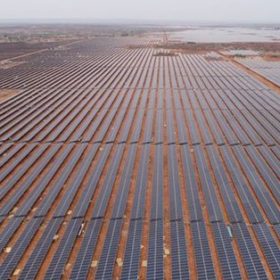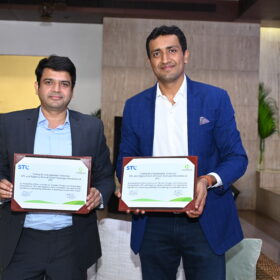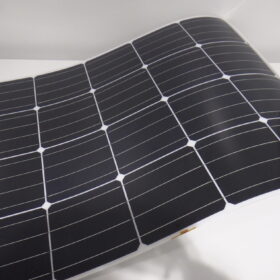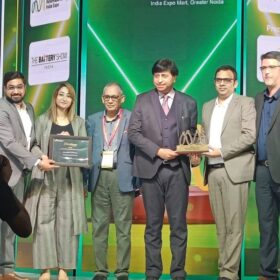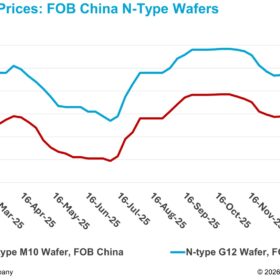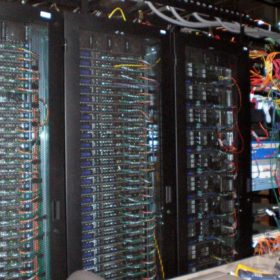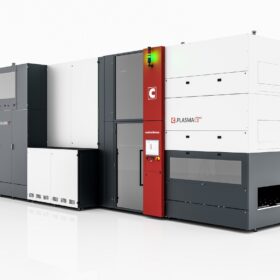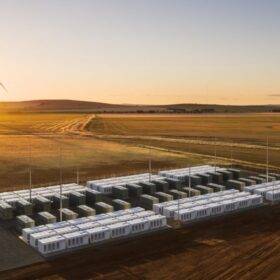Insights from the IEA PVPS Trends Report on Photovoltaic Applications 2023
The IEA PVPS Trends Report for 2023 discloses a historic milestone in the photovoltaic (PV) industry, surpassing 1 TW of cumulative capacity. The PV industry registered significant global growth in 2022, with China and Europe leading in charge. PV competitiveness in the market was strong, despite some regions facing problems due to supply issues, grid capacity constraints or labor shortages. The report shows that global collaboration, innovation and strategic planning remain key to a sustainable energy transition.
Triple Solar introduces residential thermal battery
Dutch company Triple Solar has launched a residential thermal battery with a heat loss rate ranging from 0.67 kWh/day to 0.84 kWh/day. The new product can reportedly provide hot water at temperatures ranging from 45C and 55C, with the minimum heat source temperature ranging between 65C and 80C.
Combination of half-cut, bifacial solar cell designs may contribute to hotspot formation
Scientists in Spain tested PV modules under partial shading conditions, aiming to better understand the formation of performance-damaging hotspots. The study reveals a potential issue particularly affecting half-cell and bifacial modules, which may cause accelerated performance loss and is not covered by current testing/certification standards.
REC commits over $3.7 billion for Acme, Avaada green hydrogen projects in Odisha
REC Ltd will provide debt funding totaling INR 31,000 crore (over $3.7 billion) to support two green hydrogen projects in Odisha. This includes INR 16,000 crore to Acme Group and INR 15,000 crore to Avaada.
Bifacial perovskite solar cells for indoor applications achieve 30.3% efficiency
Scientists in India have fabricated indoor bifacial perovskite solar cells that purportedly achieve remarkable power output per single cell. The devices also reached a bifaciality factor of 0.73.
Sodium-seawater batteries for short, long-term stationary energy storage
Italian researchers studied sodium-seawater batteries (SWBs) for short- and long-term energy storage on Sardinia and found that SWBs with wave energy smoothed out power fluctuations, while enabling a fully decarbonized power generation system over the long run.
Uttar Pradesh selects TNC’s solar siting tool
Uttar Pradesh New & Renewable Energy Development Agency (UPNEDA) and The Nature Conservancy (TNC) India will collaborate to identify land parcels for large-scale renewable energy projects in the state. They will also collaborate on policy and research related to the low-impact siting of utility-scale solar and wind projects.
Hygenco to develop Maharashtra’s first green hydrogen project
Hygenco Green Energies will construct and operate a 100% green hydrogen production plant in Maharashtra for supply to Sterlite Technologies Ltd’s glass preform plant located in Aurangabad.
Japanese scientists design flexible crystalline silicon solar modules with PET front cover
The new solar panels have flexible properties and are suitable for roofs with loading restrictions. According to their creators, the modules showed high reliability under both high temperature and high humidity conditions.
Airtouch Solar India wins REI 2023 award for product innovation
Airtouch Solar manufactures and sells its autonomous, water-free PV panel cleaning products and services in Israel and India. The company has won significant orders for its recently launched Airtouch AT 4.0 solution with leading Indian developers including Adani Green Energy and ReNew.

